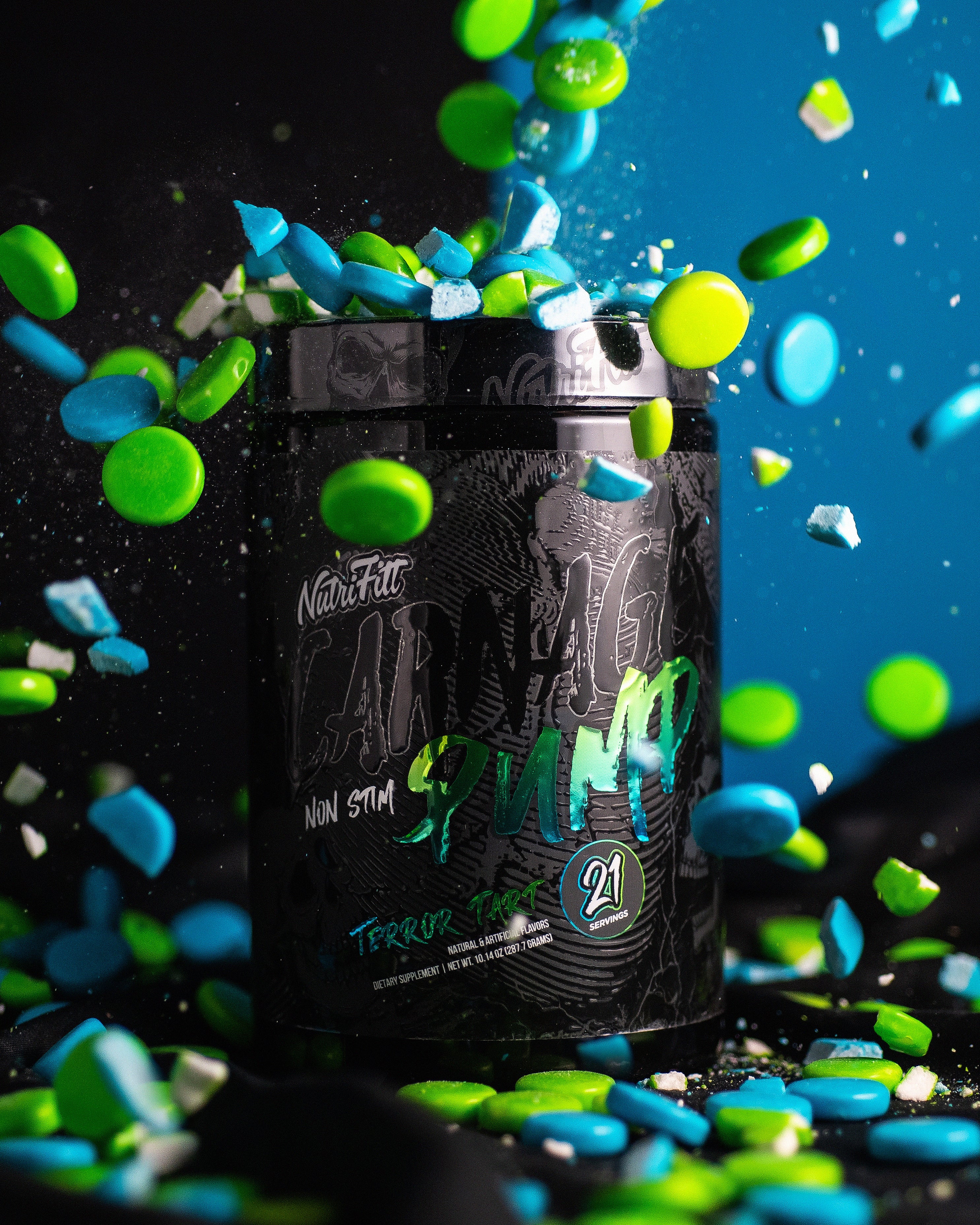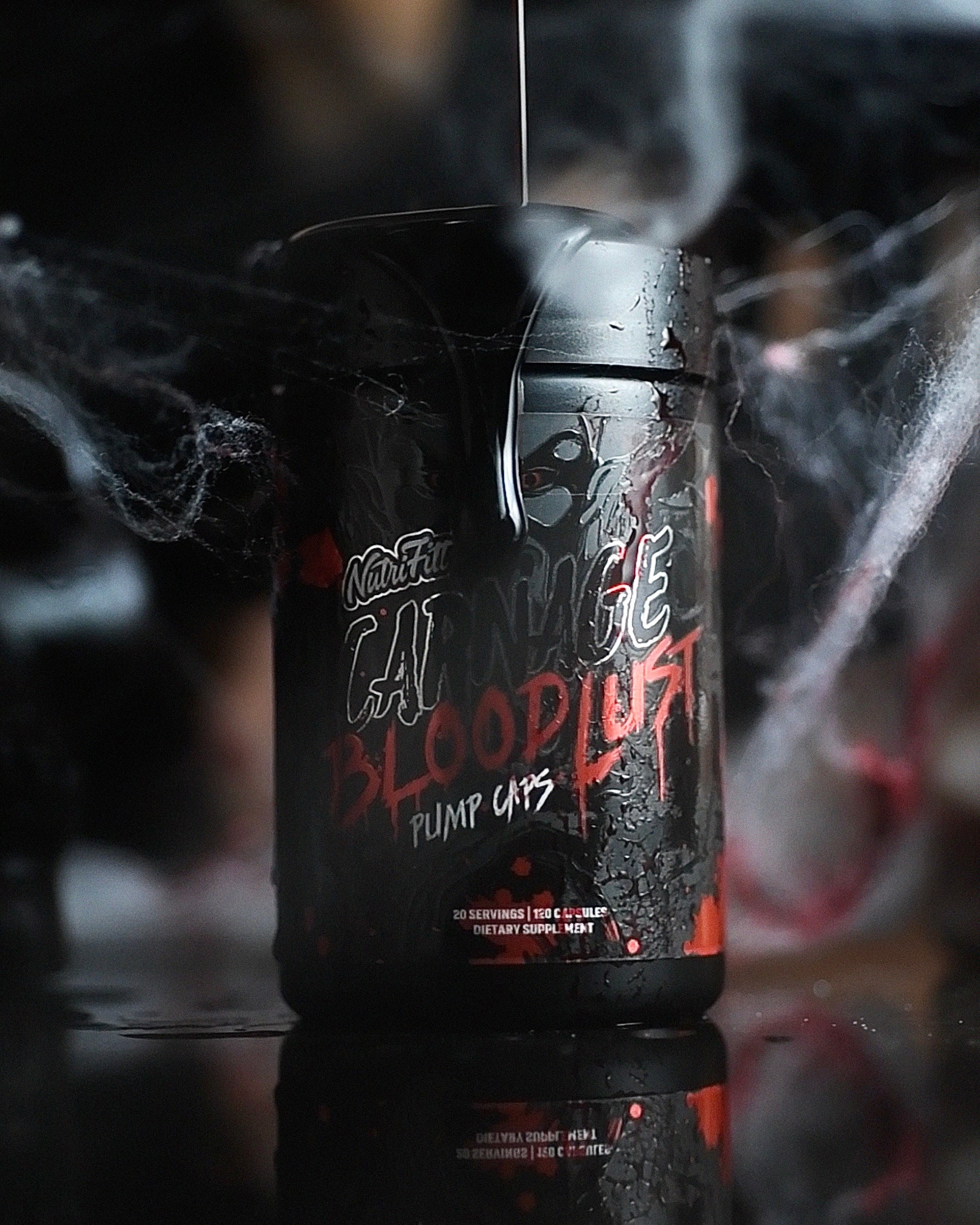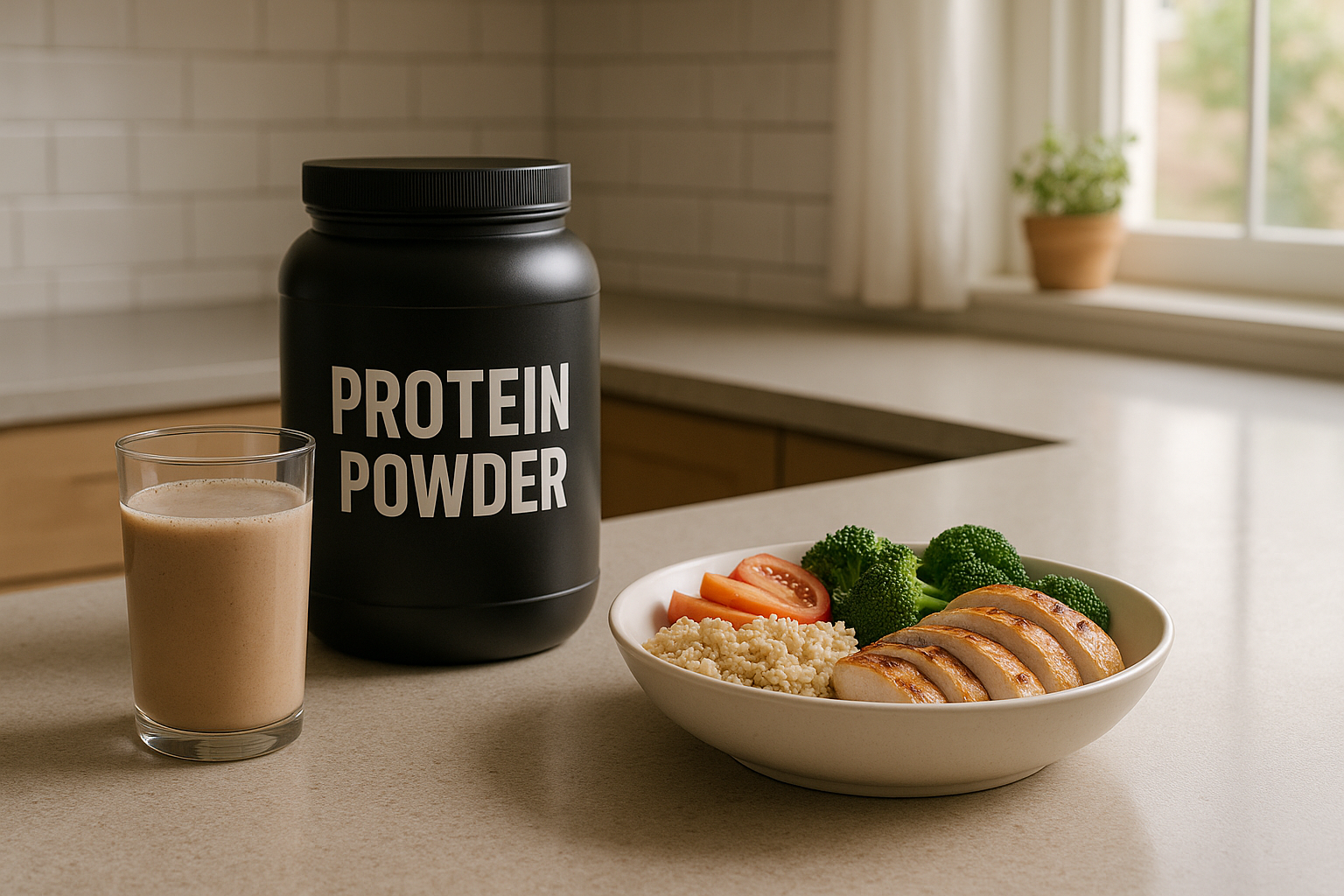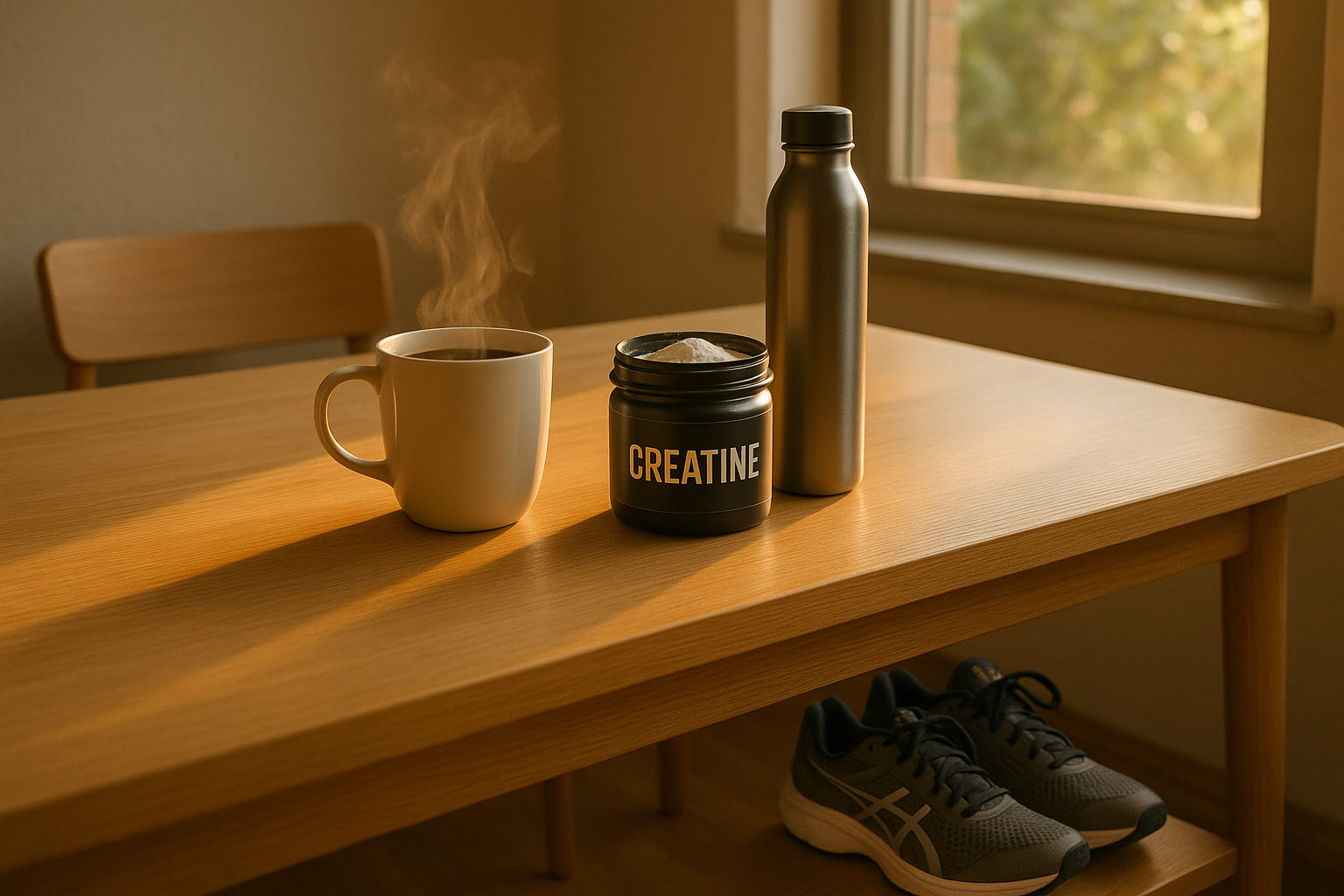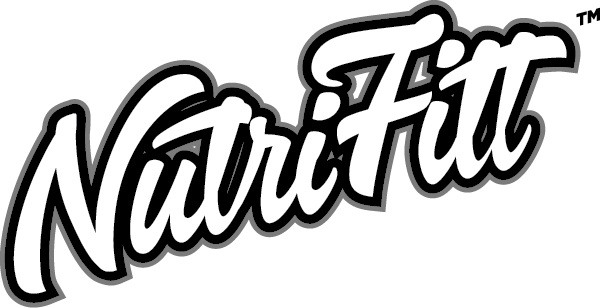
4 Reasons You Should Stop Going to the Gym
That’s right, we said it. Stop going to the gym. And we mean it. “Why the f**ck would I do that,” you might ask. Well, even though it might seem counterintuitive, there are a number of excellent reasons for you to take a few extended breaks from the gym throughout the course of a year. Every once in a while, as a part of a planned macrocycle, you can benefit significantly from just stepping away from the gym — as long as you have a plan and a good reason. Now, if you’re the typical training-addicted gym rat like we are, making yourself do this is an entirely different challenge. It’s similar to forcing yourself to do a deload week, but worse for the OCD. Let’s assume you have the willpower to do it. Let’s talk about what it can do for you.
GYM ABSTINENCE
Like a deload, where you would back off of total work in the gym to give your body a chance to rest without losing your progress, taking a week or two off from the gym is basically a super deload. If you have been pushing yourself hard for months or even years without a planned break, it’s time. You won’t lose your gains from a week or two off, we promise. You might feel weaker for a couple days when you get back in the gym and you may have less fullness in your muscles for a few days, but it's very cosmetic and you’ll get back to your juicy and jacked self in no time.
However, it’s important to know when to take one of these rests because if you don’t take them, eventually an injury will take the gym from you and you’ll be sitting on the sidelines anyway. So please heed this advice and take scheduled breaks. The next question you’re probably asking is when should those breaks be. Well, typically after every 6-8 weeks of intense training, it’s a good idea to take a deload week where you reduce your volume by half. After 3 of these cycles, or at about 6 months, it could be a good time to take 1-2 weeks off from the gym. So that gives you 2-4 weeks per year of complete rest. Let’s find out how this can help your gains in the long run.
Replenish Glycogen
When you’re training hard day in and day out, your body is constantly trying to replenish itself and just as it's starting to feel better, BAM! It’s 6pm again and you’re in the gym pummeling the crap out of it. So, in effect, your body never really gets a great chance to fully recover and fill out. A week or two out of the gym gives your body plenty of time to completely fill up with glycogen and give you a nice full look and plenty of intramuscular energy to use when you get back to the gym. Make sure to adhere pretty closely to your diet while taking your time off. You could take an extra night to enjoy a more calorie dense meal, but don’t go crazy.
Heal Connective Tissue
Connective tissue like tendons and ligaments heal at a much slower rate than muscle because of the lack of vascular tissue. Oftentimes our muscles grow and become stronger much faster than our tendons, which renders our connective tissue unable to support our gains. If this imbalance continues, one day you could rupture a tendon or tear a muscle near a tendon unexpectedly. Then you’ll have to take time off the gym to heal, so you may as well take a preventative measure and take some time off for tendon healing to catch up.
Peak Strength
If you’re into powerlifting, you know that typically part of the strength peaking process involves taking about a week off from the gym before the day of the powerlifting meet. This amount of rest time varies from person to person, but it does allow your body to heal up, regenerate a bit, and fill up with carbs in preparation for some heavy singles. Now, even if you’re not a powerlifter, this time off can really remedy long periods of fatigue accumulation and over-training. If you haven’t made much progress in the gym for a while, you may need to go ahead and take your break so that you come back with renewed energy both physically and psychologically so that you can start getting results in terms of progressive overload again!
CNS Reset
Your Central Nervous System is responsible for all movements, coordination, muscle activation, and the quality of contractile tissues ability to generate force. If your CNS is overtrained, you’re likely to experience some side effects including general fatigue, anxiety, moodiness, mental fogginess, weakness, trouble sleeping, and just bad workouts. Basically, you’ve beaten up your body too much. Sit on the couch. Binge watch some Netflix. Take naps. Sleep 8 hours a night. Do as little as possible. It will be such a nice change of pace and by the end of your break from the gym, your body and mind will feel fresh and ready to rock.
When Should I Go Back?
Well, it depends on how deep you were into a pit of fatigue. If you were still progressing before the break, 1 week is going to be plenty. If you were beaten up, with achy joints and in a state of being overtrained, take two weeks. It sounds like a lot, but you’ll thank yourself later. We would suggest that you take this time to not only rest, but do any sort of therapeutic treatments that you find necessary to your situation during this time. Some massage, cupping, stretching, gentle myo-facial release — anything you might need to help get you restarted feeling fresh. Your body will have nothing to do but heal for the next time you’re in the gym and you’ll be primed to start making real progress again.





